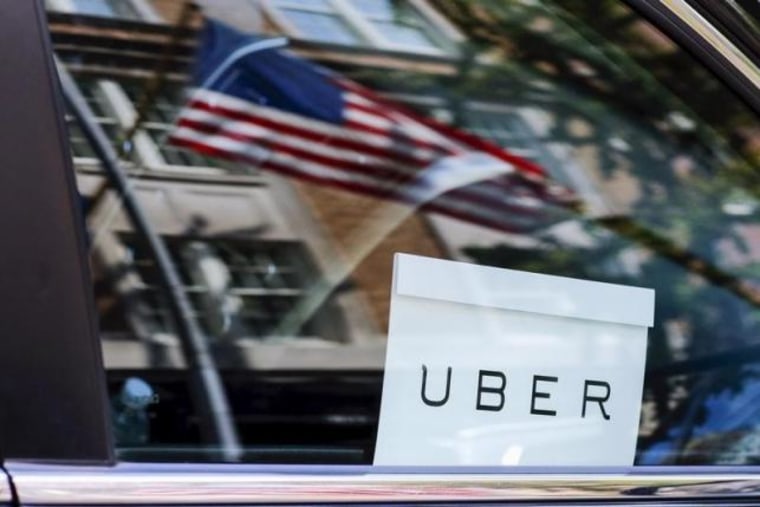A federal district court in Northern California reportedly has issued a subpoena demanding information about the controversial Greyball app used by ride-sharing service Uber.
The existence of the app was revealed two months ago by the New York Times which reported that, among other things, Greyball was used to track and avoid regulators who might try to monitor Uber’s services. The company subsequently confirmed the existence of the app, but said it was used “exceedingly sparingly” to protect drivers from dangerous riders.
A new criminal probe would add to the legal headaches Uber already faces. Among other things, it is battling a civil suit filed by Google spin-off Waymo alleging Uber stole its proprietary autonomous vehicle technology. Uber also is in the midst of an internal probe examining alleged sexual discrimination within the company.
What is Greyball?
Greyball appears to have been used for a variety of different purposes. What appears to be most worrisome to federal investigators is that this may have included a company effort to fend off regulators, especially in areas where Uber was not officially licensed to operate but may have conducted business anyway.
While Uber initially said it was a way to deal with customers who “violate its terms of service,” a statement issued in March suggested there are other functions for the app.
“This program denies ride requests to users who are violating our terms of service, whether that’s people aiming to physically harm drivers, competitors looking to disrupt our operations, or opponents who collude with officials on secret ‘stings’ meant to entrap drivers,” the statement said.
Related: Sex Harassment Claim Raises More Problems for Uber
The ride-sharing service reportedly also used software to monitor drivers who were picking up rides for both Uber and its primary competitor, Lyft.
Uber did acknowledge using Greyball in Portland, Oregon, but said the use of the software “was limited to 17 individual Uber rider accounts added during a two-week period in December 2014,” adding that the software was no longer used in the city after April 2015.
Greyball Just Another Black Eye
The use of Greyball came as little surprise to those familiar with Uber, a company known for what has been described as an aggressively macho “baller” culture. In recent months, reports have surfaced describing wild company parties where female employees have been demeaned. A former engineer set off a firestorm by describing in a blog post how she was pestered for sex by a former boss and later denied opportunities for promotion. That led to an internal probe led by former U.S. Attorney General Eric Holder.
Separately, the wife of a former Uber engineer has filed a lawsuit against the company claiming he committed suicide because of workplace stress.
Uber is also defending itself in court from charges levied by Waymo. The Google spin-off claims former employee Anthony Levandowski stole trade secrets when he resigned to form his own autonomous truck company. That start-up, Otto, was subsequently purchased by Uber as part of its own self-driving car program.
Related: Judge Raises Questions About Waymo’s Claims as Trial Continues
Uber also has faced criticism for aggressive efforts to challenge and, in some cases, sidestep efforts to regulate the service. Reports from Europe note that it continues to operate without approval in Denmark, among other places. It reportedly has done the same thing in parts of the U.S.
And, according to the Times report in March, that was a key function of Greyball which, the paper said, would block efforts by regulators to call for an Uber vehicle using their smartphone apps.
A subpoena from a grand jury does not necessarily mean there is any criminal wrongdoing. But in a Friday story, USA Today quoted sources as telling it Uber has hired the New York-based multinational law firm Shearman & Sterling to conduct another internal investigation, in this case looking at the use of the Greyball software.
